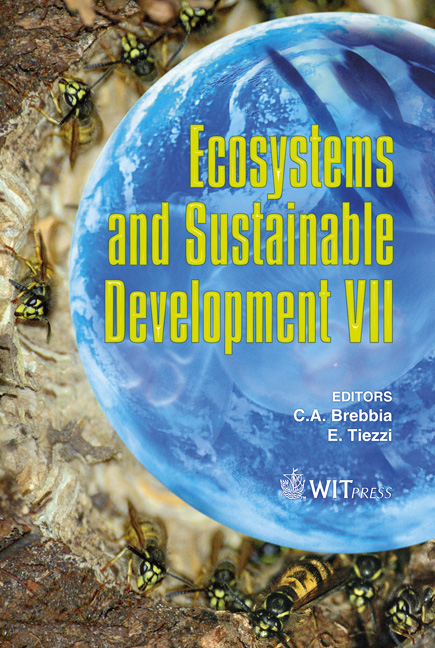Sustainable Use Of Baltic Sea Natural Resources Based On Ecological Engineering And Biogas Production
Price
Free (open access)
Transaction
Volume
122
Pages
9
Page Range
153 - 161
Published
2009
Size
286 kb
Paper DOI
10.2495/ECO090151
Copyright
WIT Press
Author(s)
F. Gröndahl, N. Brandt, S. Karlsson & M. E. Malmström
Abstract
Eutrophication is a major threat to the Baltic Sea, causing algae blooms and hypoxic bottoms. Ecological engineering methods aiming at help mitigating the nutrient imbalance problems have already been initiated or are being planned in the coastal zones of the Baltic Sea. This includes harvesting of reed, macro algae and blue mussels as nutrient and energy natural resources. The potential and feasibility of such methods to form the basis for sustainable use of natural resources is governed by the ecological, technical, economic and social aspects associated with the whole chain of processes from biomass to end products, e.g. biogas, fertilizers, and wastes. As a first step in a sustainability assessment, we show that biogas production from algae and reed is associated with a net energy benefit. Blue mussels do not result in a net energy benefit if used for biogas production, but represent the most efficient way of removing nutrients. Based on these preliminary results, we suggest that biogas production from reed and macro algae is worthy of further investigation, whereas for blue mussels, an alternative product must be found. Keywords: eutrophication, ecological engineering, biogas, LCI, Baltic Sea, reed, blue mussel, macro algae.
Keywords
eutrophication, ecological engineering, biogas, LCI, Baltic Sea, reed, blue mussel, macro algae





